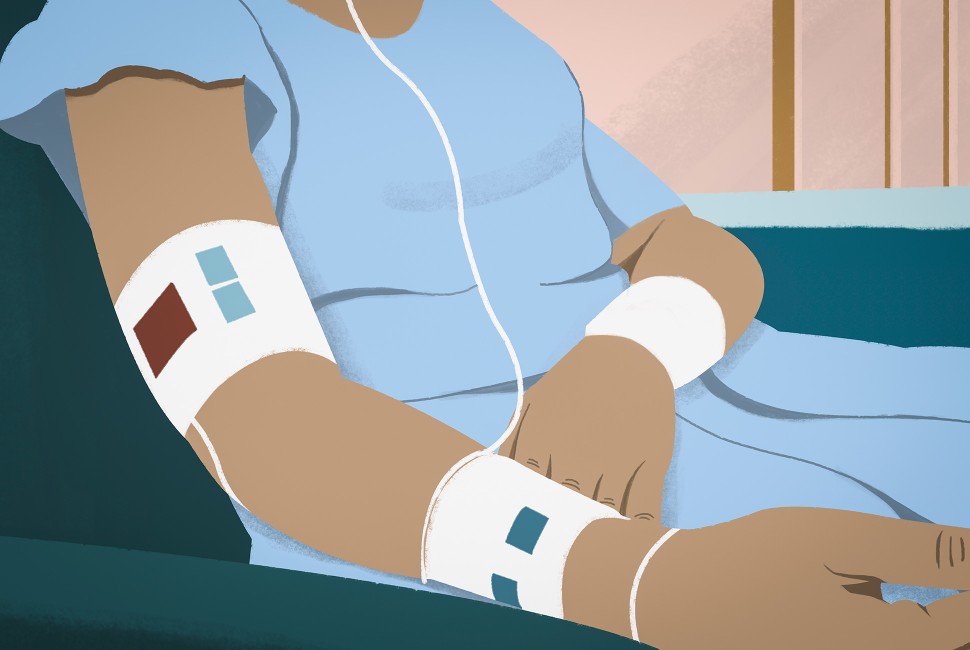
"In a wholly new approach to cancer treatment, Northwestern University biomedical engineers have doubled the effectiveness of chemotherapy in animal experiments. Instead of attacking cancer directly, the first-of-its-kind strategy prevents cancer cells from evolving to withstand treatment - making the disease easier to target with existing drugs. Not only did the approach fully wipe out the disease to near completion in cellular cultures, but it also dramatically increased the effectiveness of chemotherapy in mouse models of human ovarian cancer."
"They can adapt to almost anything that's thrown at them. First, they learn to evade the immune system. Then, they learn how to adapt to chemotherapy, immunotherapy and radiation. When they resist these treatments, they live longer and acquire mutations. We did not set out to directly kill cancer cells. We wanted to take away their superpower - removing their inherent abilities to adapt, to change and to evade."
Restoring chromatin-based cellular memory blocks cancer cells' adaptive capacity and prevents evolution of treatment resistance. The method removes cancer cells' ability to learn to evade the immune system and to adapt to chemotherapy, immunotherapy and radiation. Removing adaptive ability reduces the chance of acquiring resistance-associated mutations. The approach made cancer easier to target with existing drugs, nearly eradicating disease in cellular cultures and doubling chemotherapy effectiveness in mouse models of human ovarian cancer. The strategy does not directly kill cells but limits phenotypic plasticity by restoring chromatin organization, thereby curbing cancer survival and long-term treatment failure.
Read at News Center
Unable to calculate read time
Collection
[
|
...
]